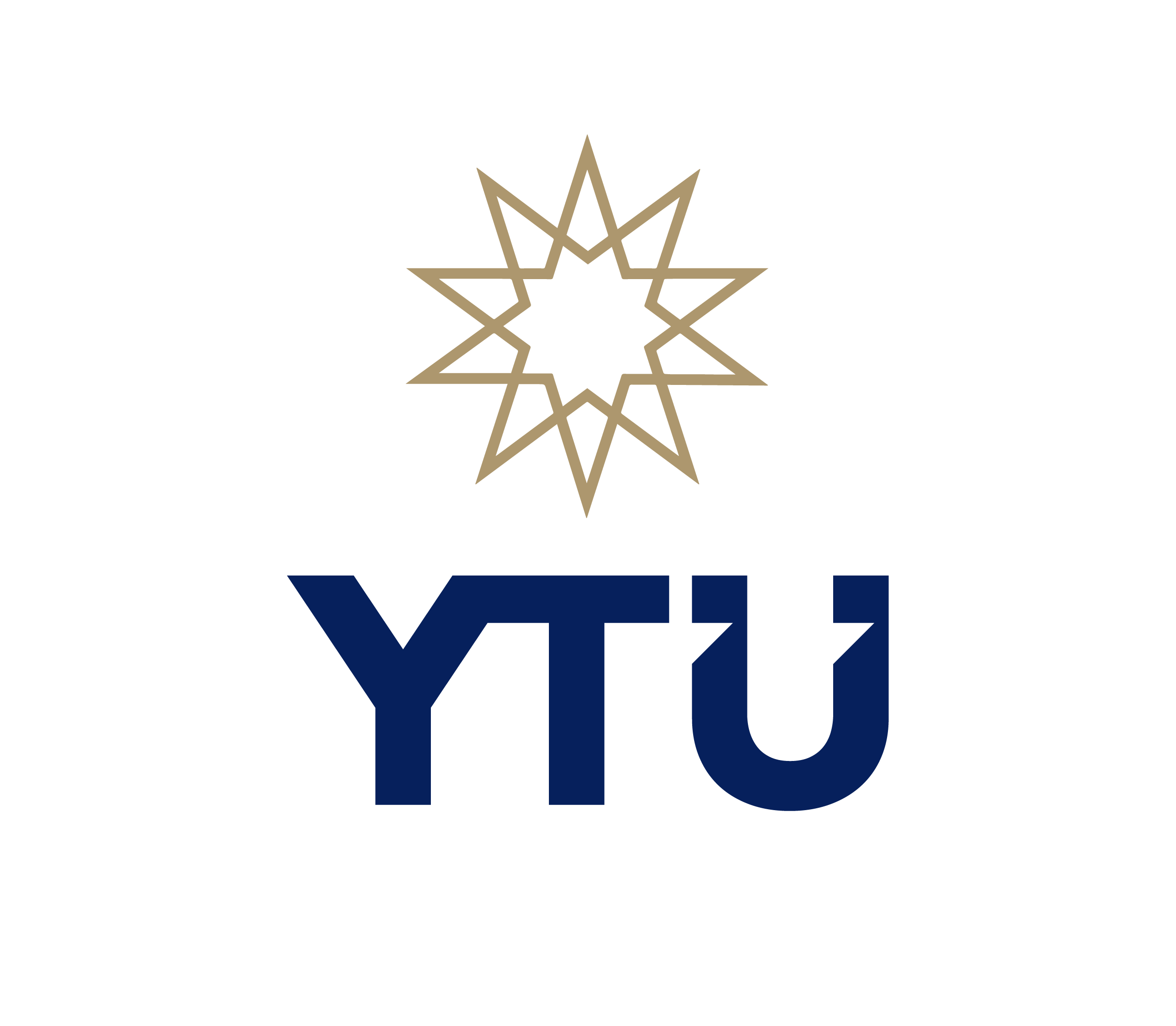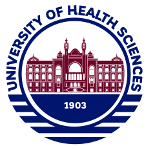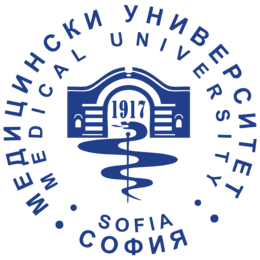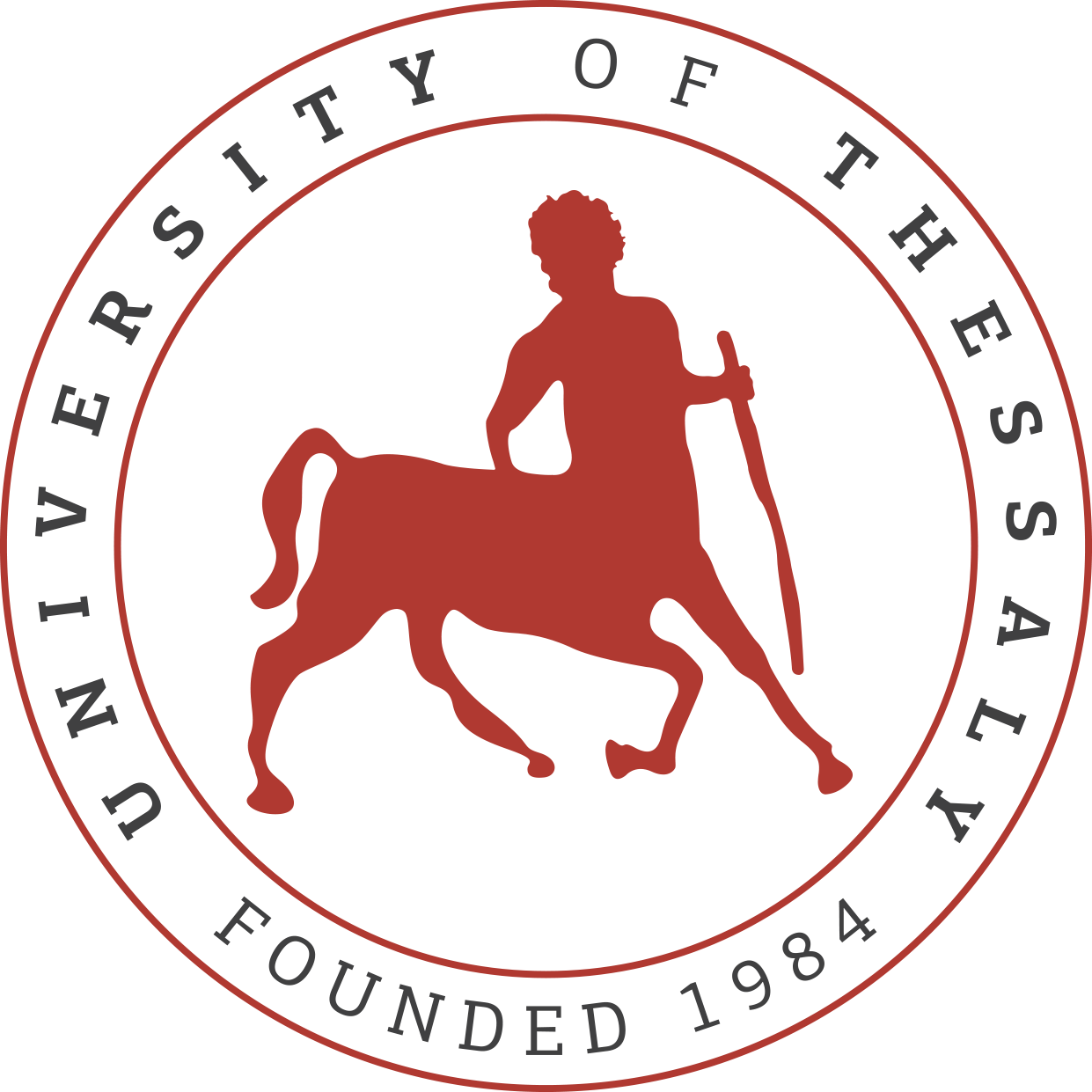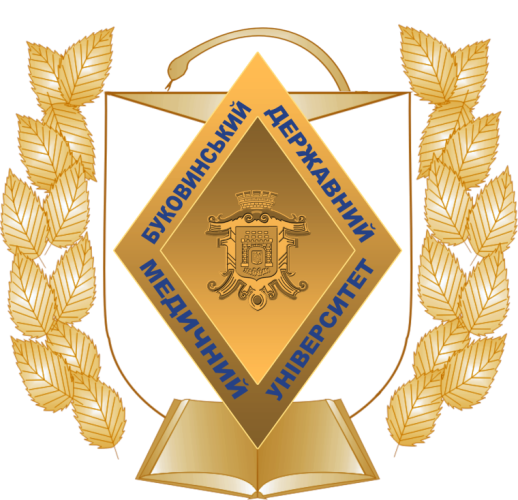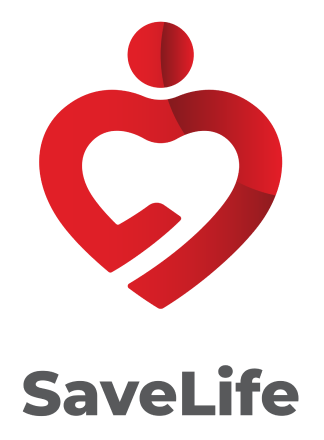
Save Life
Reorganizing Basic/Advanced Life Support
Training Through the Use of Innovative Digital Materials
Erasmus+
Savelife Project
Ensuring digital, free, innovative, inclusive educational content for B/ALS training, continuously accessible to medical staff and raising awareness on social discrepancies of receiving emergency intervention.
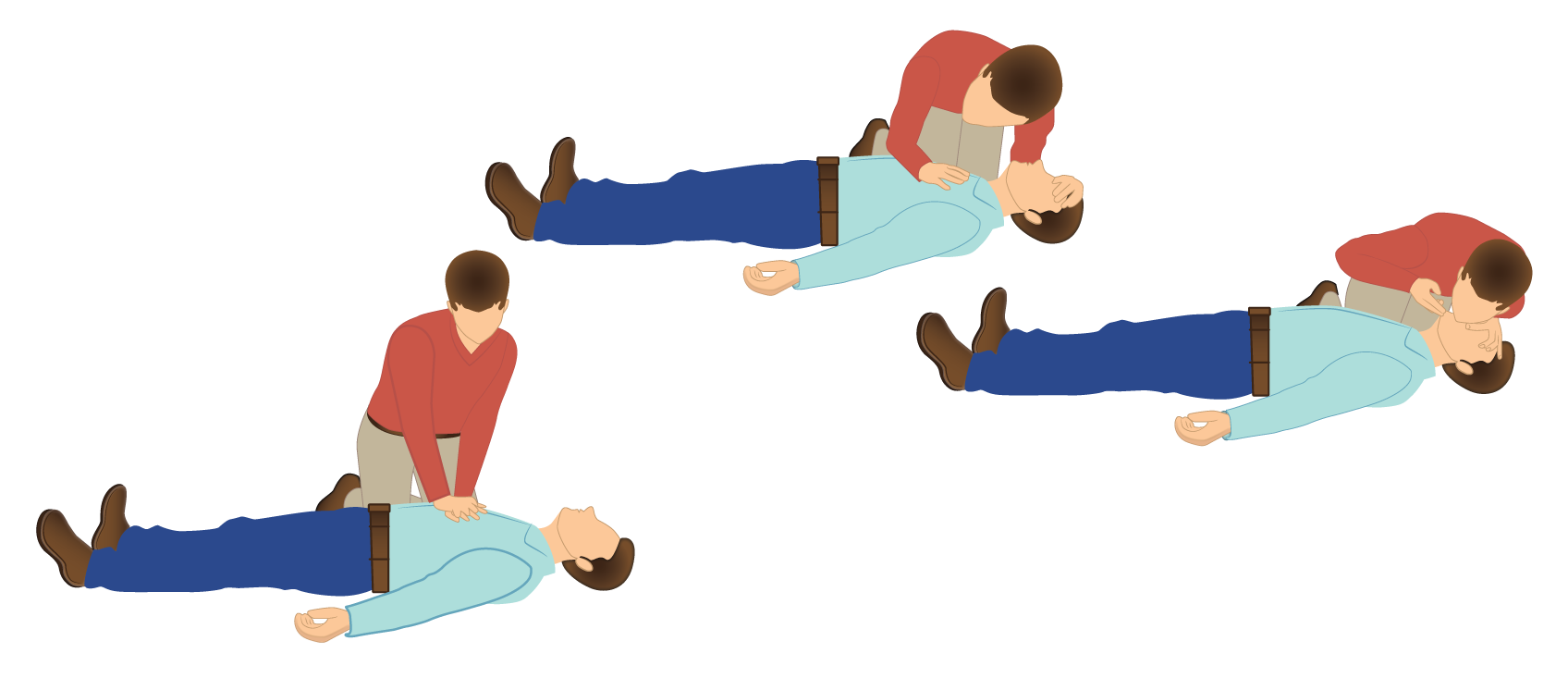
The „Save Life: Reorganizing Basic/Advanced Life Support Training Through the Use of Innovative Digital Materials” (SaveLife) project is a pioneering initiative funded by the European Union within the Erasmus+ KA220 program. This project aims to revolutionize the training methods for Basic and Advanced Life Support (B/ALS) by providing medical staff with up-to-date, open, and free access to high-quality B/ALS training materials. These materials can be used as booster training or as a complement to in situ training when deemed necessary by trainers.
Cardiovascular diseases, particularly acute coronary syndromes, are the leading cause of death worldwide. Effective and timely cardiopulmonary resuscitation (CPR) is critical for improving survival rates in cardiac arrest cases. However, there is a need for easily accessible, up-to-date B/ALS training, especially given the frequent updates to CPR guidelines and the disruptions caused by events like the COVID-19 pandemic. The SaveLife Project addresses these needs by providing a digital platform for continuous, flexible, and comprehensive B/ALS training.
The main objectives of the SaveLife Project are:
- Research Best Practices: Investigate and identify the most effective methods in online education for Basic and Advanced Life Support (B/ALS) training.
- Develop Comprehensive Course Plans: Create detailed course plans that include interactive videos and an e-book to enhance learning.
- Unify Emergency Life Support Interventions: Facilitate access to up-to-date B/ALS training to unify emergency life support interventions across Europe.
- Target Specific Groups: Focus on university staff, medical students, nurses, paramedics, and general practitioners in high-risk areas.
- International Analysis: Conduct a cross-disciplinary analysis of current CPR practices in partnering countries to structure an innovative online course.
- Sustainable Development: Ensure sustainable readiness of healthcare professionals on B/ALS through accessible and comprehensive training.
The SaveLife Project primarily targets university staff, medical students, nurses, paramedics, and general practitioners who work or will work in high-risk areas. By focusing on these groups, the project aims to make a significant and lasting impact on B/ALS training across Europe.
Basic and Advanced Life Support training is essential for medical professionals to effectively handle cardiac arrest situations. BLS training is typically introduced early in medical education and is further developed through ALS training. This knowledge is crucial for physicians to deal with cardiac emergencies, and the SaveLife Project aims to ensure that these skills are kept current and accessible.
The SaveLife Project addresses several key priorities of the Erasmus+ program:
- Stimulating Innovative Learning and Teaching Practices: By developing flexible learning pathways and modular course designs, the project aims to innovate B/ALS training through online and interactive content.
- Rewarding Excellence in Learning, Teaching, and Skills Development: The project supports academics and medical staff with needs-based, creatively designed online modules, fostering excellence in B/ALS education.
- Inclusion and Diversity: The project promotes equitable access to B/ALS training for all, particularly targeting individuals with fewer opportunities.
The SaveLife Project stands out due to its innovative approach:
- Interactive Digital Tools: Development of interactive videos and e-books for online, blended, and booster B/ALS training.
- Increased Accessibility: Ensuring that medical staff with fewer opportunities can access and benefit from B/ALS training.
- Diverse Consortium: Collaboration between institutions from different socioeconomic backgrounds, enhancing the inclusivity and comprehensiveness of the training materials.
The SaveLife Project will develop a range of modules for both Basic Life Support and Advanced Life Support. The curriculum will be supported by interactive videos and e-books. Moreover, the digital content will be incorporated with the curriculum within a web-based, mobile-compatible Learning Management System (LMS) (preferably a MOOC). This approach aligns with the Digital Education Action Plan (2021-2027) of the European Commission (EC), which prioritizes fostering the development of a high-performing digital education ecosystem.
The LMS will ensure:
- Community Learning: Encouraging collaborative learning experiences among participants.
- Support for Self-Managed Learning: Enabling learners to manage the place, time, and pace of their learning processes.
- Accessibility: Providing open, easy, and free access to information for people with fewer opportunities within the target group.
- Assessment: Facilitating the assessment of participants' learning processes and the quality of the content.
By integrating these features, the SaveLife Project aims to deliver a comprehensive and flexible training experience that meets the diverse needs of medical professionals across Europe.
Basic Life Support (BLS) Modules
- Recovery Position
- Foreign Body Airway Obstruction in Different Ages
- Basic Life Support in Young Adult Patients
- Pediatric Basic Life Support
Advanced Life Support (BLS) Modules
- Respiratory Arrest Due to Anaphylaxis
- Management of STEMI
- Targeted Temperature Management
- Management of Stable/Unstable SVT in Pediatric Patients
- Management of Hypovolemic Shock in Pediatric Patients
- Management of Tension Pneumothorax in Adult Patients
- Management of Cardiac Tamponade Due to Trauma
- Management of Pulseless Electrical Activity in Adult Patients
The SaveLife Project aims to achieve the following outcomes:
- Enhanced capacity of medical staff and trainers in B/ALS, improving their performance in emergency situations.
- Certification of competencies gained through online B/ALS training, supporting professional development
- Increased digital competencies among the target groups.
- Support for partner institutions in their digital transformation efforts.
- Equal access to B/ALS training for medical staff with fewer opportunities.
- Strengthened institutional capacity for international project management and cooperation.
The SaveLife Project is expected to have a lasting impact on the quality of emergency life support across Europe. By providing open, free access to comprehensive B/ALS training, the project aims to improve the readiness and effectiveness of healthcare professionals in dealing with cardiac emergencies, ultimately saving lives.
- Yildiz Technical University, Türkiye (Coordinator)
- University of Health Sciences, Türkiye
- Medical University Sofia, Bulgaria
- Panepistimio Thessalias, Greece
- Bukovinian State Medical University, Ukraine
- Ss. Cyril and Methodius University, North Macedonia
- Silesian University of Technology, Poland
- RQ Consultancy Ltd. Co., Türkiye
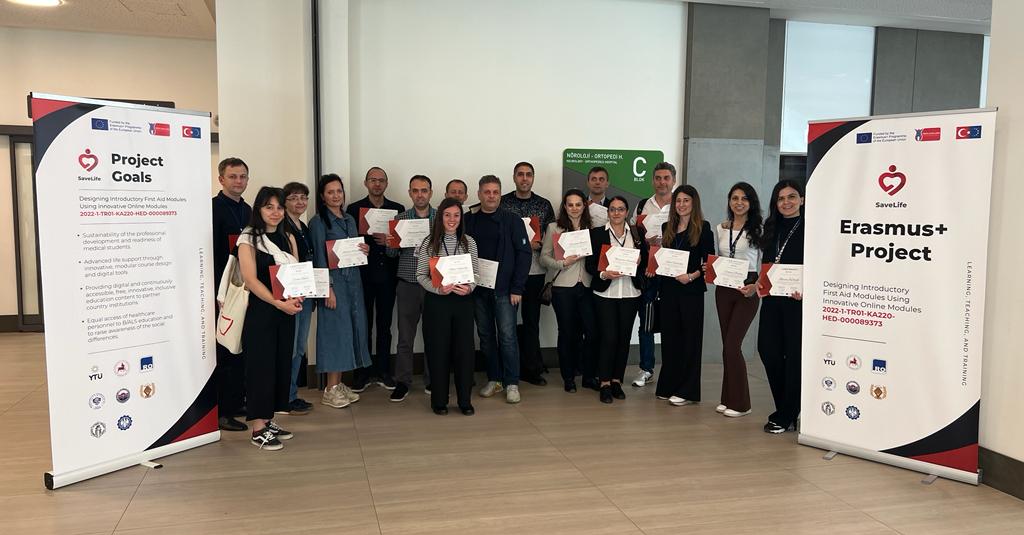
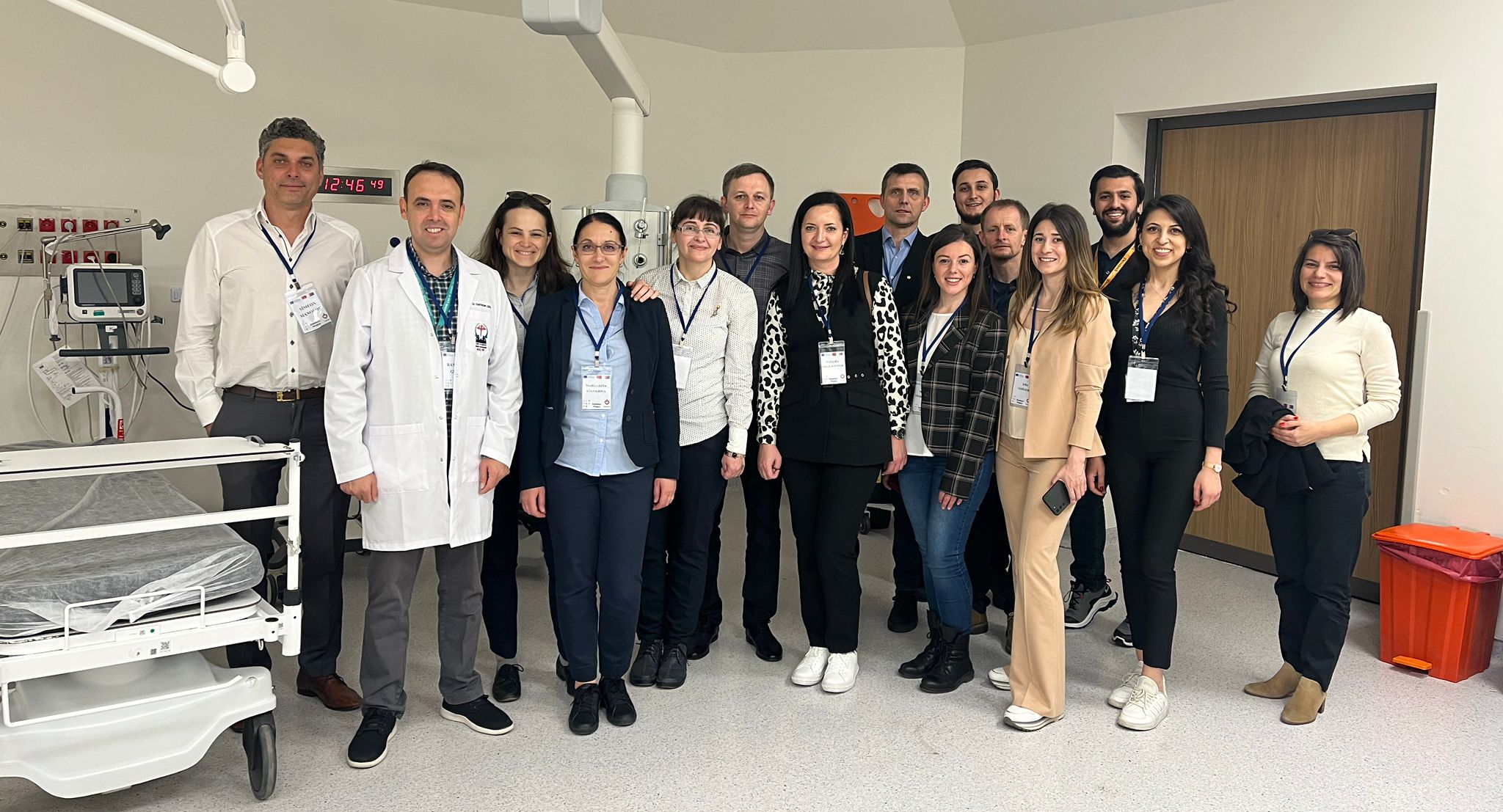
SaveLife
Reorganizing Basic/Advanced Life Support
Training Through the Use of Innovative Digital Materials
2022-1-TR01-KA220-HED-000089373

Coordinator Organization
YILDIZ TECHNICAL UNIVERSITY, Turkey
www.yildiz.edu.tr
Partner Organizations
University of Health Sciences, Turkey
Medical University Sofia, Bulgaria
Panepistimio
Thessalias, Greece
Higher State Educational Establishment of Ukraine ''Bukovinian State
Medical University'', Ukraine
''Ss. Cyril and Methodius University'' in
Skopje, Republic of N. Macedonia
Silesian University of Technology, Poland
RQ Consultancy Ltd. Co.,
Turkey
